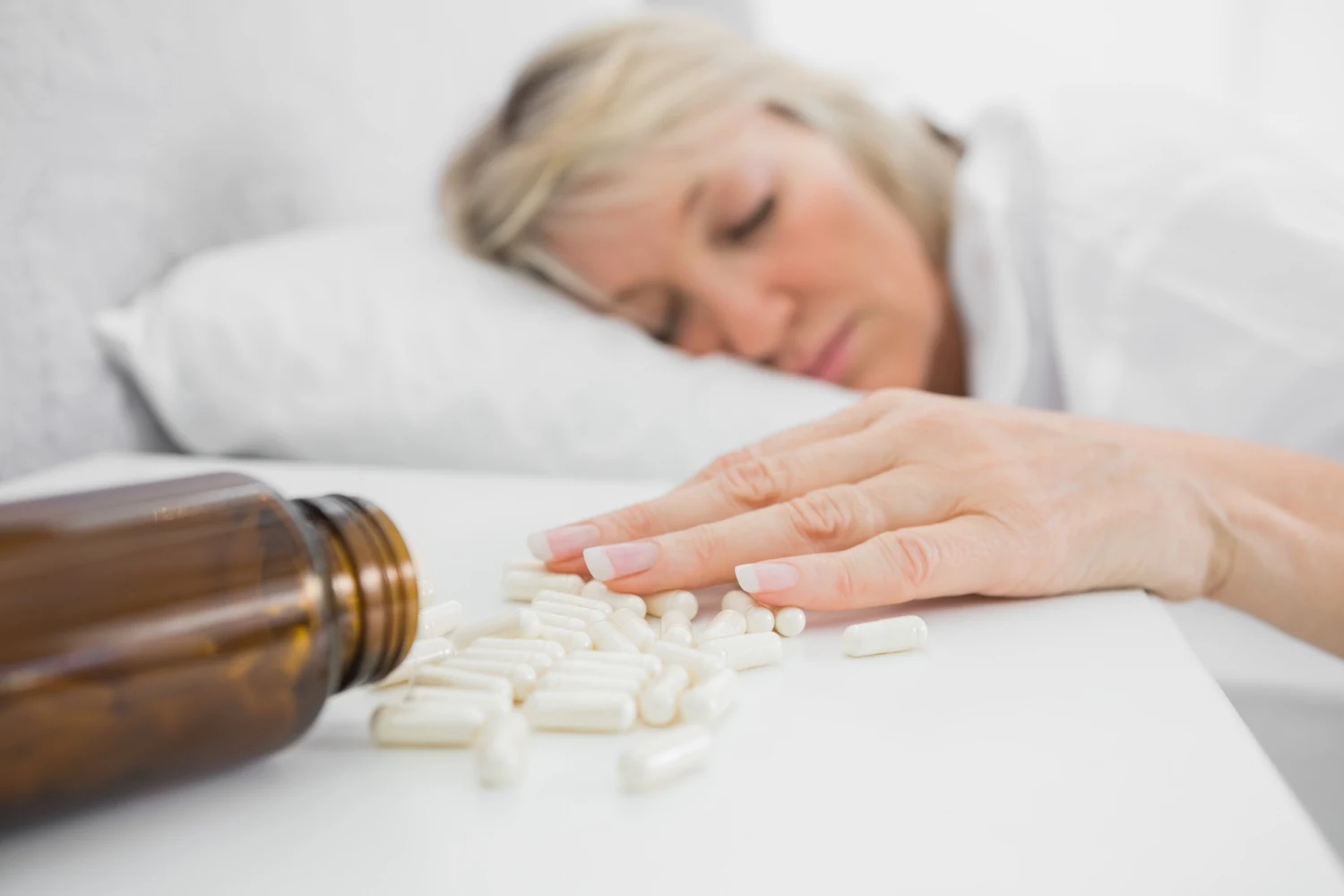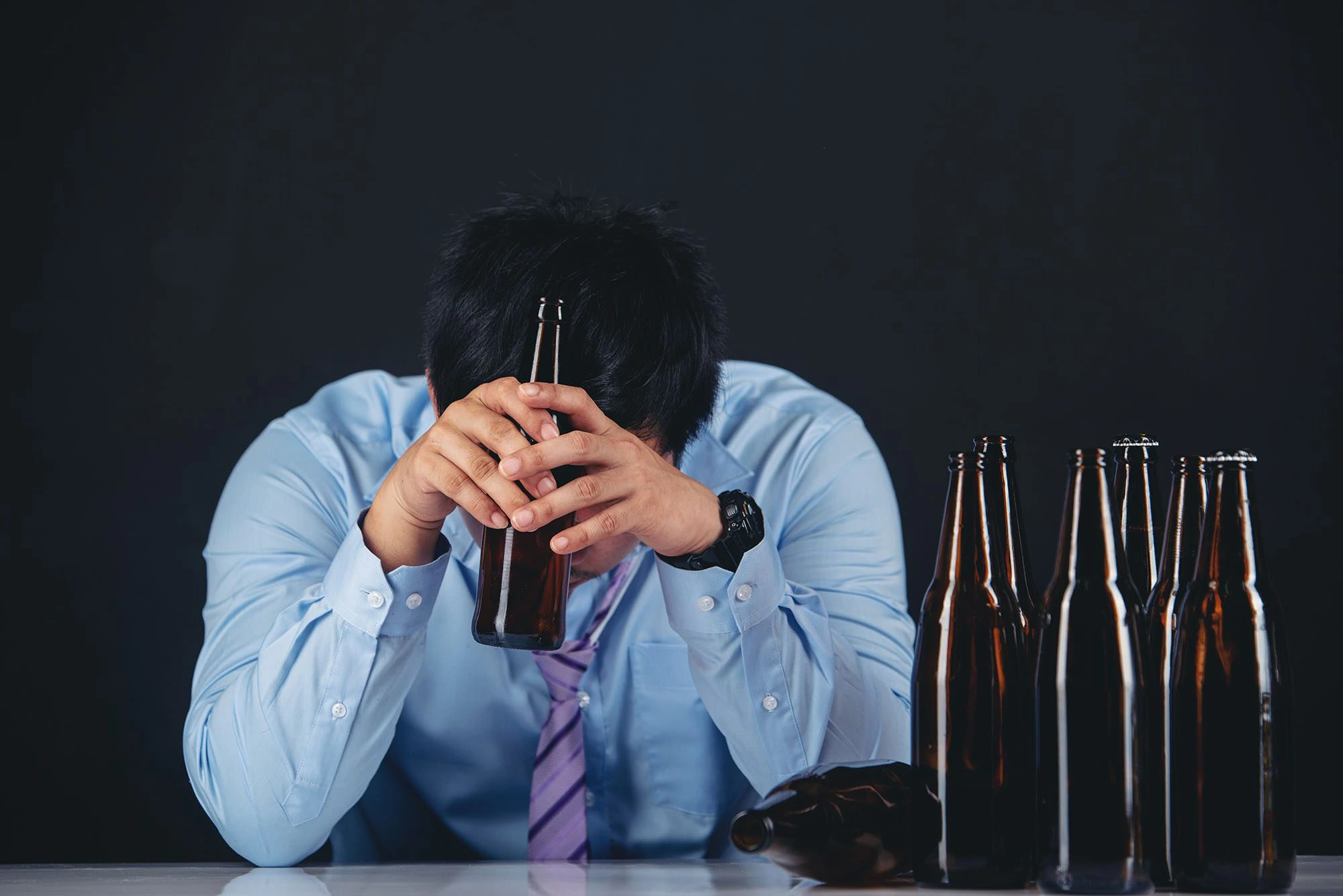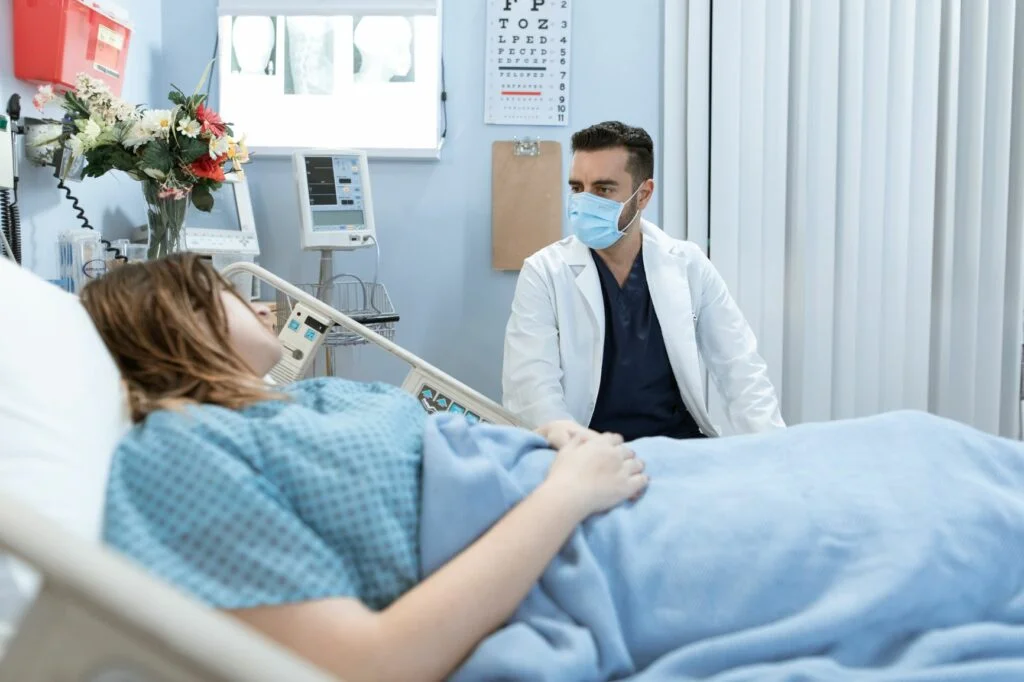Drug Rehab Centers in Washington DC
Discover the top alcohol and drug rehab centers in Washington DC, United States. Explore 0 nearby treatment facilities providing inpatient, outpatient, and detox services.
Use filters to search by payment options, amenities, specialty programs, and more to find the perfect treatment for your unique situation.
0 Treatment Centers in Washington DC, USAlcoholism, Drug Abuse, Mental Health, and Treatment in Washington, D.C.
Washington, D.C. Summary:
Like its neighboring city of Baltimore, Washington, D.C., sees a number of drug, alcohol and substance abuse problems. The use of heroin and crack cocaine are serious concerns in the region, and many residents in DC also engage in heavy drinking or binge drinking. Within the District, mental health inpatient visits to hospitals and other treatment centers have increased for some co-occurring issues, including alcohol use.
Despite these concerns, the District of Columbia has a variety of drug and alcohol rehab treatment programs, as well as other services and resources for residents struggling with substance abuse. There are many rehab centers located right in downtown DC, giving residents access to treatment in their local area.
Quick Washington, D.C. statistics:
- Washington, D.C. population: 700,000
- Nearly 10% of residents in the District of Columbia abuse or are dependent on alcohol
- Number of people in DC who abuse or are addicted to illicit drugs: 25,000
- Commonly abused substances in the Washington, D.C., metropolitan area include cocaine/crack, heroin, marijuana, alcohol, prescription opiates and methamphetamines.
Alcoholism in Washington, D.C.
According to data from 2013, Washington, D.C., ranks third in the U.S. for binge drinking. Roughly 22.4% of residents report engaging in binge drinking. Also, a 2013 study from the Centers for Disease Control and Prevention (CDC) revealed that D.C. leads the nation with the highest per capita cost of excessive drinking.
In Washington, D.C., there are several rehab facilities that specialize in treating alcoholism and substance abuse.
For those in need of a payment-assisted treatment center, Whitman Walker Clinic - Addiction Treatment Services is a facility located in downtown D.C. The Whitman Walker Clinic provides medically-assisted detox, which is the process of removing alcohol and drugs from the body under the supervision of a medical professional. The facility offers both an outpatient program and intensive outpatient program, which provides a more structured recovery program for individuals struggling with substance abuse or alcoholism. The Whitman Walker Clinic is open to men and women and has dedicated LGBT Outstanding programs and special programs for patients with HIV or AIDS. The facility accepts Medicaid, Medicare and private health insurance and operates on a sliding fee scale.
Drug Abuse in Washington, D.C.
Drug abuse and addiction is a serious problem in Washington, D.C. The most commonly abused drugs in the DC metro include cocaine/crack, heroin and marijuana. The region also sees instances of residents abusing prescription opioids, like oxycodone, and methamphetamines.
For residents seeking treatment for drug abuse or addiction in the District of Columbia, there are a number of rehab centers in and outside of Washington.
Located in the neighborhood of Tenleytown, the Psychiatric Institute of Washington is a private, payment-assisted treatment facility. The rehab center has both an inpatient and outpatient program and offers buprenorphine detox and treatment, in addition to medically assisted detox. Buprenorphine Detox and Treatment is similar to methadone, in that buprenorphine is a drug intended to assist with long-term treatment for opioid addiction. The Psychiatric Institute of Washington provides patients with several types of therapy options and also has a family program, in which loved ones and family members are encouraged to participate in an addict’s treatment and recovery. The facility is open to men, women, teenagers and children and accepts Medicaid, Medicare and private health insurance.
Mental Health in Washington, D.C.
An estimated 30,000 adults in Washington, D.C., have a serious mental illness. According to data from 2015, nearly 4% of residents age 18 and over have experienced serious thoughts of suicide in the past year. Roughly 16% of residents in DC report struggling with depression.
Washington, D.C., has multiple resources and treatment facilities for residents struggling mental health issues, such as major depression, anxiety disorders, bipolar disorder and schizophrenia.
Located in the North Michigan Park area, Providence Hospital - Behavioral Health is a private, payment-assisted facility that specializes in mental health treatment. Providence Hospital offers both an inpatient and outpatient program and also provides treatment for co-occurring substance abuse and mental health issues. Patients at Providence Hospital engage in an array of therapy treatment methods, including Cognitive Behavioral Therapy (CBT), individual therapy, group therapy and trauma therapy, which helps one address traumatic incidents from their past. Providence Hospital is open to men, women and young adults and accepts Medicaid, Medicare and private health insurance.
Are there any free rehab centers in D.C.?
In Washington, D.C., there are rehab centers that provide free, low-cost or state-financed treatment for alcohol and drug abuse. Many rehab centers in D.C. accept Medicaid or Medicare, which are state-run health insurance programs for low-income residents or people who meet certain eligibility requirements. The majority of rehab centers also accept private health insurance, which may not cover the full cost of substance abuse treatment, but can lessen the financial burden for patients.
In addition to rehab centers that offer some form of payment assistance, there are other treatment programs in D.C. that accept low-income residents. The Salvation Army - Harbor Light Treatment Center is a 136-bed facility that offers a 6-month program for substance abuse treatment and recovery. The Salvation Army’s Harbor Light program provides individual and group counseling, grief and anger management classes, training for independent living and helps participants find gainful employment. The program has an 85% completion rate and is a preferred provider in the D.C. area.
How long is inpatient drug rehab?
The length of an inpatient (residential) drug and alcohol rehabilitation programs can vary depending upon the facility and type of treatment. Each individual’s recovery process is unique and there are a variety of rehab centers that offer a personalized approach to addiction treatment and recovery.
Typically, rehab centers offer a 30-, 60- or 90-day inpatient treatment program. For some patients, the first stage of rehab is undergoing medically-assisted detox, is the process of removing drugs and alcohol from the body under the supervision of a medical professional. The average medically-assisted detox process lasts 3-7 days.
Following the completion of an inpatient drug rehab program, many recovering addicts make the decision to participate in an outpatient treatment program or enroll in a sober living community or halfway house. These types of sober living homes provide those in recovery with continued support, counseling, life skills classes, job hunting and employment assistance and a substance-free environment where they can focus on maintaining sobriety.
Washington, D.C. : Looking Ahead
The District of Columbia is working to overcome the high use of drugs like heroin and crack cocaine among its residents. Law enforcement officials are targeting drug trafficking rings and drug smugglers across the District, in an effort to reduce the amount of illicit drugs being smuggled in and out of the DC metro area. DC health officials are advocating for the integration of mental health and substance abuse treatment in primary care and other service settings, as a way to combat these issues at an earlier stage.
In Washington, D.C., residents struggling with alcoholism, drug addiction or co-occurring mental health and substance abuse problems have many resources and options available to them for treatment. There are multiple inpatient and outpatient treatment programs located in downtown DC and throughout the city. Many of these facilities accept Medicaid or offer some type of payment assistance for low-income residents. In the District of Columbia, help is available to those who need it, regardless of their financial circumstances.
Local Rehabs in Washington DC
Related Articles
Your Addiction Doesn't Have To Define Who You Are.
You deserve high-quality treatment and a fulfilling life in recovery.
By calling us, you agree to our Terms & Conditions




